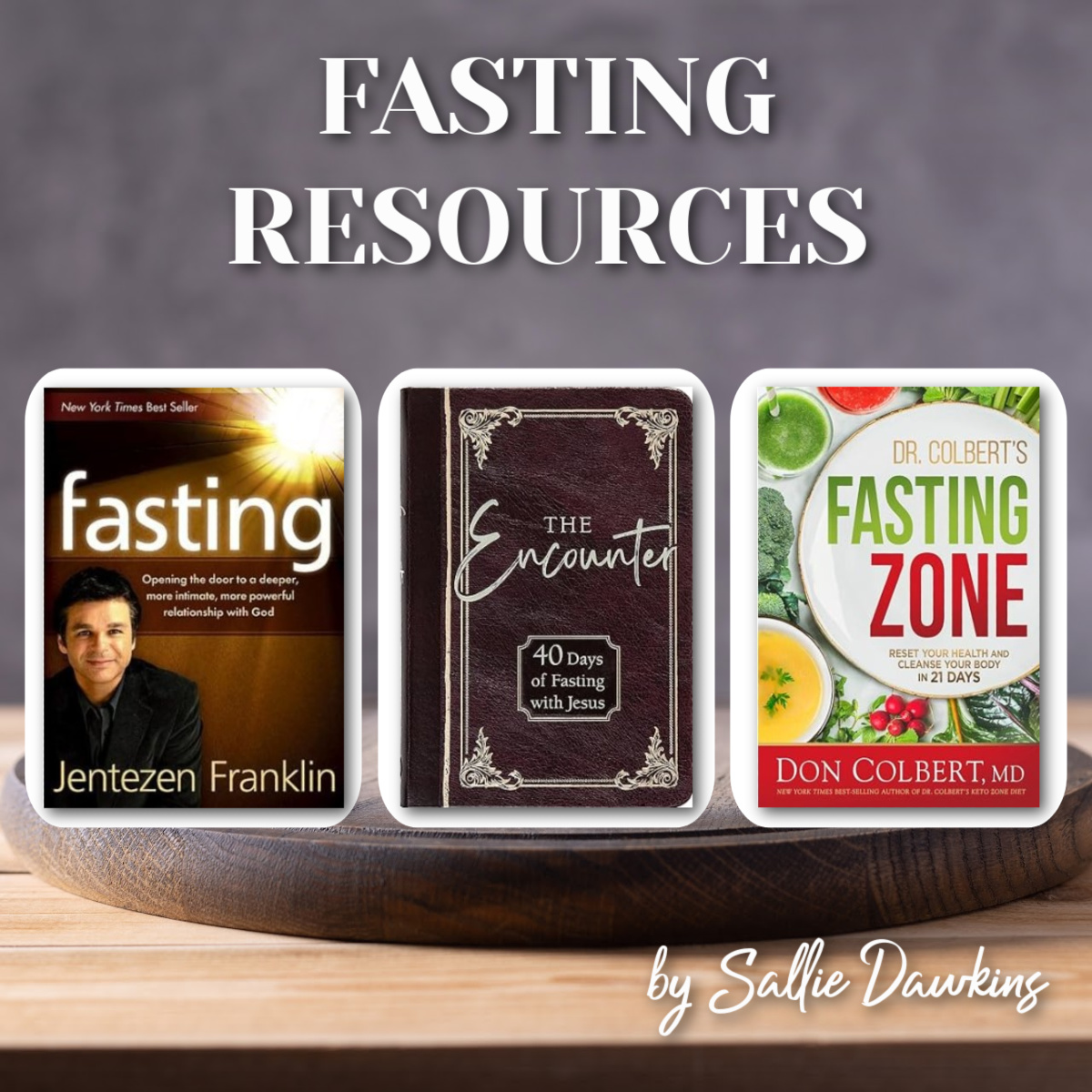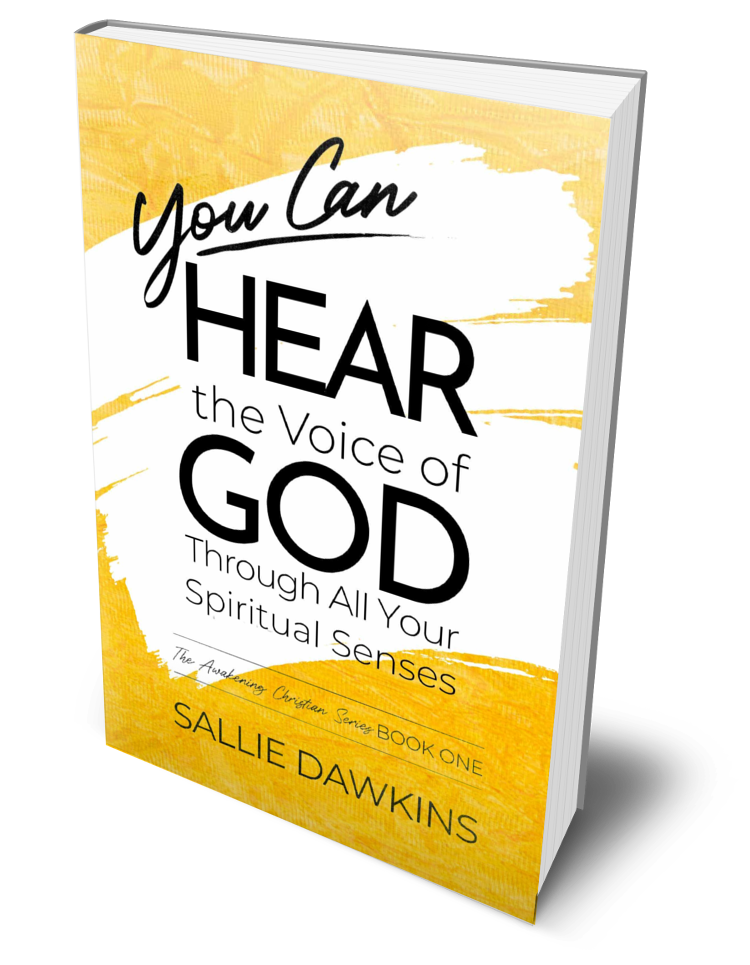Fasting: A Journey of Wellness and Faith
January is a popular time for fasting. Non-Christians and Christians alike look to fasting for health benefits. I’m currently on my third day of water-only fasting to detox from a recent dental procedure to remove a mercury-based amalgam.
There’s also a spiritual side to fasting, but if you’re new to your faith, you might wonder, “What’s the difference, and how do I know which type of fasting is right for me?” Let’s break it down together.
Spiritual Fasting
Spiritual fasting is all about deepening our relationship with God. It’s a time set apart to seek Him more earnestly, to listen for His guidance, and to grow in your faith. When we fast spiritually, we typically skip meals or certain types of food, not just to abstain, but to create space in our life to pray, read Scripture, and meditate on God’s word. It’s an opportunity to lift your spirit and focus on what matters most — our relationship with the Lord.
A Christian might decide to fast if they’re feeling a yearning for a deeper connection with God, or facing a big decision or challenge in life. Fasting can be a way to draw nearer to God and seek His will.
Fasting for Improved Physical Health
Fasting for improved physical health is more about the body. Many people fast to detoxify their bodies, lose weight, or improve their metabolic health. This could include intermittent fasting where you cycle between eating and fasting periods, focusing on when you eat rather than what you eat. Health-oriented fasting can offer several benefits, like better blood sugar control, reduced inflammation, and enhanced mental clarity.
When might you decide to do this? If your doctor recommends it, or if you’re looking to make a shift toward healthier eating habits and want to reset your lifestyle, health-focused fasting could be the way to go. A three-day water fast will help your body shift into ketosis. Ketosis is a metabolic state that occurs when your body burns fat for energy instead of glucose. Just remember, it’s essential to prioritize your well-being and listen to your body’s needs. Ketosis can also have negative side-effects like headaches, and fatigue.
Starting Your Fasting Journey
If you feel inspired to fast, here are a few tips to get started:
Pray About It: Before starting any fasting, make it a point to spend time in prayer. Ask God for clarity on why you feel led to fast and what you hope to gain from the experience. Is this an individual fast or a corporate fast (with others in the body of Christ)?
Decide on Your Fast: Whether it’s spiritual or for health reasons (or a combination of both!), define what type of fast you’ll embark on. Will you skip certain meals, or embark on a water-only fast? The goal of the fast is to adjust your schedule to have more time with God.
Set a Time Frame: Start small. If you’ve never fasted before, start by skipping one meal, or trying a one day fast. As you get more comfortable, you can extend this time. Many Christians fast one or two days per week, while others might decide to fast for 3, 7, 21, or 40 days. I completed my first 40-day fast in 2022 and I wish someone had warned me that this length of time fasting can be dangerous and have negative health consequences (like massive hair loss).
Keep God at the Center: Remember, spiritual fasting enhances your relationship with God. Incorporate prayer, Scripture reading, and Communion into your fasting period. This connection makes fasting transformative. If God is nudging you to fast, He’s likely purifying your heart and preparing you for warfare.
Be Prepared: You might feel some physical discomfort initially, especially if you’re not used to fasting. During the first few days of a fast while your body is detoxing from caffeine, sugar, and flour, you may experience headaches. Staying hydrated is of the utmost importance, so drink good quality water and listen to your body. If you feel unwell, don’t hesitate to stop your fast. Before fasting for any extended lengths of time, you’ll want to get advice from others who have already successfully completed one or more fasting journeys.
Key Scriptures on Fasting
Here are three powerful verses to encourage you as you consider fasting:
Matthew 6:16-18: “And when you fast, don’t make it obvious, as the hypocrites do, for they try to look miserable and disheveled so people will admire them for their fasting. I tell you the truth, that is the only reward they will ever get. But when you fast, comb your hair and wash your face. Then no one will notice that you are fasting, except your Father, who knows what you do in private. And your Father, who sees everything, will reward you.” (NLT)
Isaiah 58:6-7: “No, this is the kind of fasting I want: Free those who are wrongly imprisoned; lighten the burden of those who work for you. Let the oppressed go free, and remove the chains that bind people. Share your food with the hungry, and give shelter to the homeless. Give clothes to those who need them, and do not hide from relatives who need your help.”
Joel 2:12-13: That is why the Lord says, “Turn to me now, while there is time.
Give me your hearts. Come with fasting, weeping, and mourning. Don’t tear your clothing in your grief, but tear your hearts instead.” Return to the Lord your God, for he is merciful and compassionate, slow to get angry and filled with unfailing love. He is eager to relent and not punish.
Resources on Fasting
Here are three resources you might consider when starting any fast:
Jentezen Franklin’s “Fasting,” or “Fasting: Opening the Door to a Deeper, More Intimate, More Powerful Relationship With God.” This book covers the fasts described in the Bible and how to choose which is right for you; the connection between fasting and prayer; the essential components of a successful fast; and what to expect physically, mentally, and spiritually when you fast.
Gretchen Rodriguez’s “The Encounter: 40 Days of Fasting with Jesus.” This 40 day devotional offers scriptures from The Passion Translation to encourage readers to stick with their fasting goals to grow in intimacy with God.
Dr. Don Colbert’s “Fasting Zone: Reset Your Health and Cleanse Your Body in 21 Days.” In this book, Dr. Colbert explains the benefits of longer fasts as well as providing readers with the latest research on the power of regular, intermittent fasting to reset the body and promote health and longevity. This book includes a twenty-one-day meal plan.

Final Thoughts
Whether you fast spiritually, for health, or both, the key is to approach it with a heart geared toward God. Fasting is a personal journey, so take your time and explore what it means for you. As you grow in your faith, you’ll find that fasting can be a rewarding practice connecting you closer to God and helping you on your path to spiritual growth.
Happy fasting!

